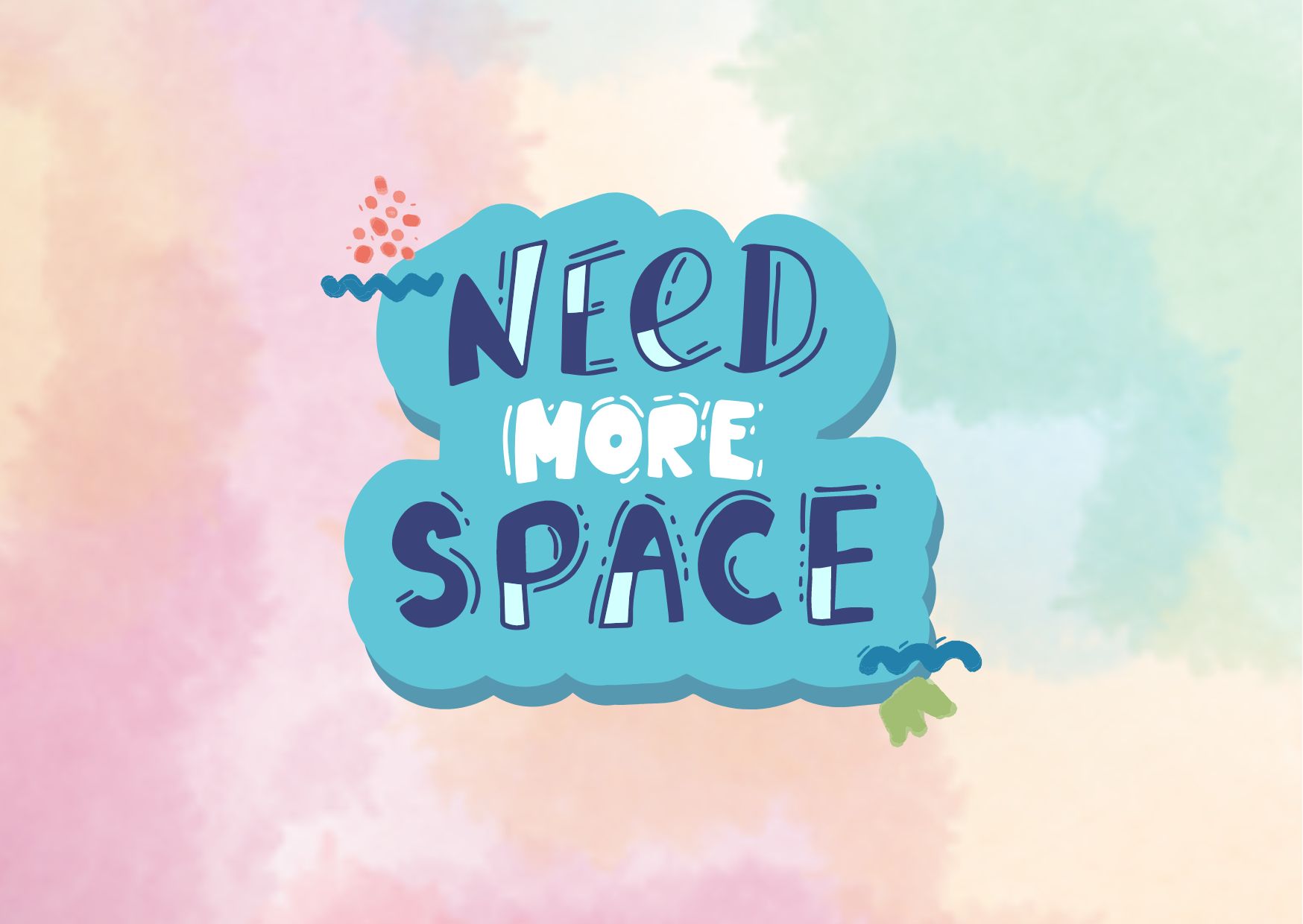My partner needs more space
If the question “Why does my partner need space when we argue?” has made you feel discouraged, read on. You could find this article to be exactly what you need to gain greater understanding. Most couples occasionally find themselves in a vicious cycle of conflict that is easy to start but difficult to break. Regardless of the topic of the argument, one party always seems to want some distance while the other is eager to resolve the issue quickly. This can be upsetting and uncomfortable for both parties as the accumulation of resentment and vulnerable insecurities can begin to undermine the emotional security of the partnership.
This particular problem is a prevalent complaint in couples therapy. “My partner always runs away from me, and we can never come to an agreement.” or “My partner doesn’t appear to respect me despite my repeated requests for him or her to leave me alone… I require room. I feel like I’m about to blow out. While the person who wants space frequently feels invaded, in control, and afraid of saying the wrong thing, the one who wants rapid resolution frequently feels abandoned, scared, and betrayed. Unfortunately, neither party communicates in a way that the other can comprehend, and this leads to a vicious circle of miscommunication that lasts for months or even years. This problem frequently serves as the impetus for couples to enter counselling or, alternatively, causes them to break up.
My partner needs more space
If you’re in a relationship, you know how demoralizing this cycle may feel if you can’t find mutual acceptance and healing. The two of you are undoubtedly doubting the relationship and may even have become shells of yourselves after getting caught in this cycle 100 times. I want to reassure you that this cycle occurs in every relationship I have ever worked with or heard about in my personal life as an attachment-based therapist. This is due to the fact that we are all human and have a deep-seated fear of being abandoned or rejected in some way.
On a fundamental level, we might have experienced similar emotions when growing up or in a previous relationship, which can make our anxieties about our current relationship—where we can’t seem to get on the same page—even more difficult to handle. Instinctual responses to perceived threats of rejection, scorn, and/or abandonment frequently result from profound connection wounds from prior experiences that we may not even be aware of having or understand how they are connected. No one is flawless, therefore no matter how loving your relationship is, how much you love and trust each other, there may still be occasions when your spouse experiences a trigger from your natural fight-or-flight response, which starts the cycle.
Try viewing your gap as competing biological reactions to the possibility of losing the relationship rather than through the lenses of blame, victimhood, and/or righteousness. If your relationship needs immediate repair, perhaps because you were dumped by a parent or an ex-partner, you may panic out of the blue when you sense that your present spouse has had enough. We must be kind to ourselves since, despite its irrationality, this is the reason. To keep us alive, we are hardwired to immediately react to threats. The most likely explanation is that your partner just so happens to have a different defense mechanism (freeze or flight) that has kept them “safe.”
If we never reach the point of knowing why we react the way we do, we could unintentionally ruin our relationship and keep experiencing the same traumatic events. This “dance” may not be enjoyable and can result in a lot of heartache, but it is something that should be explored both individually and jointly for the relationship’s long-term development and security.
